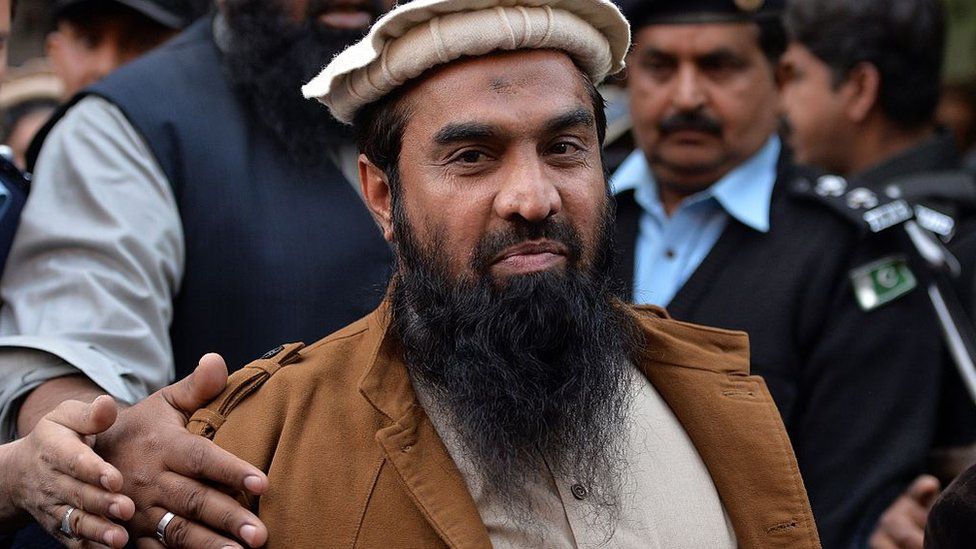The brutal terrorist attack recently in Pahalgam, where innocent pilgrims and civilians were targeted by religion-based terror outfits operating from across the border, has once again exposed the ugly face of radical extremism emanating from Pakistan’s soil. The heart-wrenching violence has sent shockwaves throughout India, igniting not just sorrow but a determined and uncompromising public reaction demanding strong and decisive action from the Government of India (GOI).
This time, however, the situation is vastly different from the past.
India, under the leadership of Prime Minister Narendra Modi, is no longer an apologetic or defensive state. Today, India stands as a confident, globally respected power — a nation that has strategic, diplomatic, and moral capital to act, and act decisively.
The GOI’s Action Plan: Defending National Dignity and Security
Recognizing the gravity of the provocation and the clear pattern of repeated cross-border terrorism, the Government of India swiftly announced:
Suspension of the Indus Waters Treaty — a diplomatic masterstroke, signaling that those who sponsor terror will no longer enjoy India’s goodwill and generosity.
Review of MFN (Most Favored Nation) status to Pakistan, with possibilities of further trade restrictions.
Acceleration of internal security operations in Jammu and Kashmir with free hand to security forces.
Strategic mobilization of diplomatic efforts across the world to explain India’s position proactively.
The message is crystal clear:
Terrorism and dialogue cannot coexist.
International Environment: Strongly Favourable to India
India today enjoys a uniquely supportive global environment. Its robust friendships with world leaders — from President Donald Trump to President Emmanuel Macron, Chancellor Olaf Scholz, and key partners across the Gulf, Japan, Australia, and Africa — have reshaped the international landscape. India’s fight against terrorism is no longer viewed as a regional struggle; it is recognized as a vital front in the global war to protect security and civilization itself.
New Delhi is no longer isolated. It is embraced. Its voice carries weight, and its concerns are seen as legitimate and urgent.
The world’s overwhelming support for Israel’s recent war against Hamas offers a telling analogy. The international community largely acknowledged Israel’s right to defend its citizens against terrorist non-state actors. Likewise, India must defend its sovereignty, its people, and its way of life against jihadist terrorism — much of it incubated and financed by Pakistan’s so-called “deep state.”

Pakistan’s Deteriorating Position: A Failing, Isolated State
In sharp contrast, Pakistan is caught in an accelerating downward spiral:
- Financially, it is teetering on the edge of bankruptcy, reliant on desperate IMF bailouts, with no sustainable growth in sight.
- Socially, the country is split between radical extremists and a weary, beleaguered civil society.
- Politically, Weak, unstable civilian governments struggle under the shadow of an army whose credibility is in tatters.
- Diplomatically, Pakistan stands isolated, distrusted even by its traditional allies in the Muslim world and beyond.
Once touted as a potential partner in peace, Pakistan today is seen increasingly as a rogue state — a global exporter of terror and instability. Its narrative of victimhood finds few takers. Its credibility is collapsing under the weight of its own duplicity.
India’s Responsibility as a Rising Global Power
With power comes responsibility. As an emerging superpower and the voice of the Global South, India must lead by example:
- Refusing to normalize terrorism.
- Setting a global standard for decisive, moral, and lawful action against extremism.
- Defending peace-loving nations and innocent civilians from the scourge of radical terror.
India’s assertiveness is not aggression.
It is self-defense.
It is leadership.
It is duty.
By standing firm, India sends an unmistakable message: terrorism, wherever it originates and whoever it targets, will be confronted and defeated.
A Call to the World Community
The world must recognize that India’s fight against terrorism is not India’s fight alone. It is humanity’s collective battle for civilization, order, and peace.
Just as the world stood firmly behind Israel’s right to defend itself against Hamas, it must now stand with India.
Silence is not neutrality — it is complicity. Strategic hesitation only emboldens terror. This is the moment for moral clarity and decisive action.
Supporting India today means:
- Supporting global stability.
- Upholding international law.
- Defending the universal values of peace, democracy, and tolerance.
The time for equivocation is over. The time for solidarity is now.
The world must stand united and declare:
➔ We stand with India.
➔ We stand against terrorism.
➔ We stand for a peaceful, secure world.







